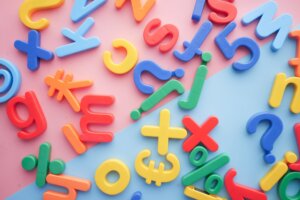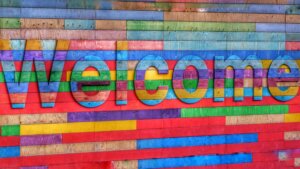ABOUT MULTILINGUALISM
Some definitions 
Multilingualism does not imply perfect, ideal knowledge of several languages (as many people believe), because such knowledge is quite impossible to achieve. To be multilingual means using different languages for varied life purposes.
Multilingualism can be defined from a purely functional perspective as ‘the ability to use or function in more than two languages’ (Gabryś-Barker, 2005, p. 17), or in multiple dimensions (Jessner, 2006), because multilinguals differ in:
- the levels of proficiency in their languages,
- the origin of their languages,
- the functions of the languages for the individual,
- their own identification with the languages,
- the way others identify them.
Combining some of the criteria discussed above, De Angelis and Selinker (2001, p. 44) claim that ‘a multilingual is a speaker of three or more languages with unique linguistic configurations, often depending on individual history.’ Defined in this way, multilingualism is ubiquitous in contemporary societies. Many people develop multilingually as a result of international mobility or migration. Others acquire several languages through schooling.
You can find out more about monolingualism, bilingualism and multilingualism from this Chapter (from Otwinowska, A. 2015. Cognate Vocabulary in Language Acquisition and Use. Attitudes, Awareness, Activation. Bristol: Multilingual Matters.)
Six lectures on multilingualism

Knowledge about multilingualism and the social awareness of the phenomenon are still limited. You can watch a series of six lectures on multilingualism organised within the IDUB II 3.7 Action. They are available here: https://www.sis.uw.edu.pl/#isi and on the UW You Tube channel: https://en.uw.edu.pl/six-lectures-on-multilingualism/
